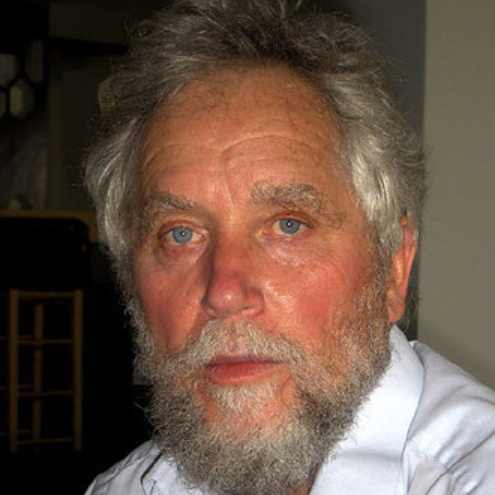
As the year draws to a close, we often reflect on how the year went, what our achievements were, and what challenges we still have to overcome. We learn lessons, make vows, and acknowledge and pay tribute to the successes achieved by others. This year, for the second year in a row, the HUN-REN Alfréd Rényi Mathematical Research Institute is also recognizing the work of its outstanding individuals, so the award established by the Institute was received by Endre Szemerédi, Ábel Prize-winning mathematician.
Did you know the namesake of the award, László Tóth Fejes? Do you have any personal memories of him?
Yes, I knew László Tóth Fejes well, and I respected and loved him very much. He was an exceptionally great mathematician, and we can consider him the founder of discrete mathematics. He was extremely helpful and friendly. He was an excellent sportsman; we often played tennis, for which I did not have many laurels.
It is a great honor that the Alfréd Rényi Mathematical Research Institute awarded me this medal this year.
At the end, on the occasion of the Hungarian Science Festival, science is in the spotlight. How do you see how it could be achieved that successes in mathematics and other scientific fields receive greater emphasis in Hungary?
Indeed, science, and within that mathematics, are not popularized enough on TV and in the press. This should change. For example, we need more excellent quizzes like the Génius program, which also includes science-related questions. The “Ki Miben Tudós” quiz was very popular at the time, and I could imagine similar programs today.
You studied medicine for a year and worked in a factory before you started studying mathematics. What message do you have for students who are not studying in the field they want to study? When should they step out of their usual rut and pursue the right studies?
As soon as possible, if they have the opportunity. At the age of eighteen, many people still don't always know what they really want to do. Therefore, their first choice is not necessarily the best. At the same time, these detours can be useful; every experience is valuable. I don't regret starting in medicine, and I also remember the time I spent in the factory fondly.
Why is it good to do research at Rényi, when you could do research anywhere in the world?
At Rényi, you can talk to a lot of good mathematicians. The atmosphere is international, and many young and old Hungarians and foreigners work together.
